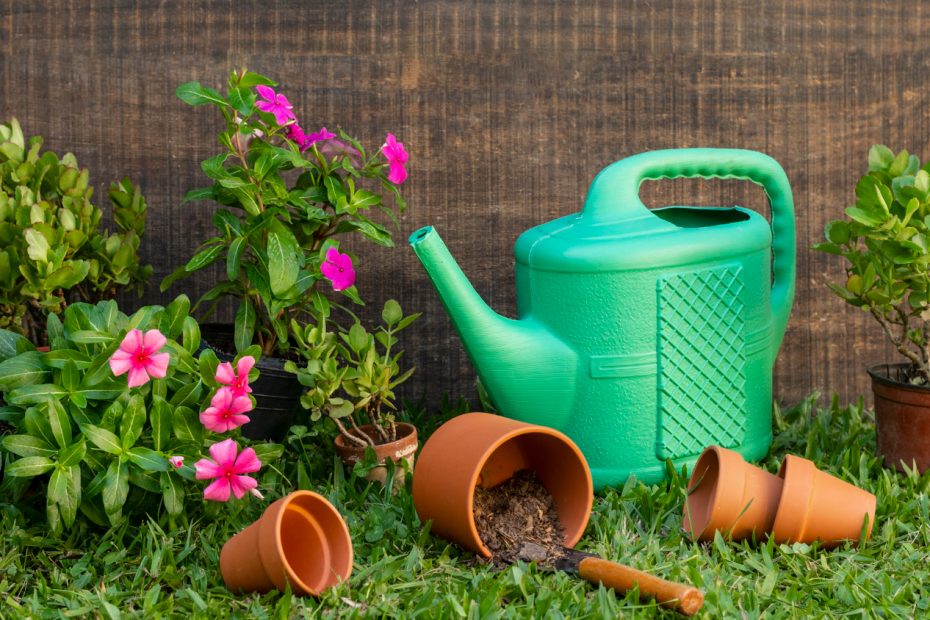With Morden under severe drought, it’s important to cut back on our water usage. While cutting back is a necessity right now, it is an eco-conscious action that we should have in place whether we have restrictions or not. We will all benefit from lower utility bills, and a more sustainable way forward with limited water resources.
We’ve gathered some ways to help conserve water at home. We recommend picking a few to start out with, and gradually adding more to your conservation list! Deciding on just a few small challenges can make an impact on water usage, reducing hundreds of gallons of water each year.
Tip 1: Add more organic matter to the soil.
Adding compost to the soil will help reduce the plants’ need for water. Studies have found that increasing the amount of organic matter by only 5% will quadruple the water holding capacity of the soil. Compost can be worked into the soil from compost piles or bagged compost.
Tip 2: Use mulches to reduce evaporation.
Mulching helps to reduce evaporation and cool the soil (or warm the soil depending on the type of mulch used). Mulching can reduce the plants’ water needs as much as 50%. What can you use in the vegetable garden? Straw is a great mulch and as it breaks down it will add organic matter to the soil. Use a thick layer, about 1-3 inches is a good rule of thumb. Newspapers (only newsprint) can be put down around plants to help to cut down on weeds and reduce evaporation. Use about 2-4 layers and secure with ground staples or just put some straw over it to keep it in place.
Tip 3: Use buried pots and bottles to get water to soak directly to the roots.
This is another way to reduce evaporation. The longer moisture sits at the soil surface, the more opportunity there is for it to evaporate or be wicked away by the wind. You want water to infiltrate the ground – fast.
Tip 4: Change the types of vegetables grown if you live in a drought area.
Consider not putting in plants that are heavy water users like corn or beans… or just plant less (although hard to do with corn). If you can’t do without in the garden, make sure to mulch heavily.
Tip 5: Change the style of planting.
Plant in blocks as opposed to rows. Leaves shade the soil and you get less evaporation.
Tip 6: Keep beds weeded.
Don’t waste water on weeds, plus they compete for water with your veggies.
Tip 8: Water during cooler times of the day.
Watering during cooler times of the day means more water will soak in, rather than evaporate.
We don’t have to get rid of our gardens during periods of drought. But we all need to do our part to conserve water and practice water-wise gardening.
Resources: Adapted from 10 Tips for Water Conservation in Vegetable Gardens
